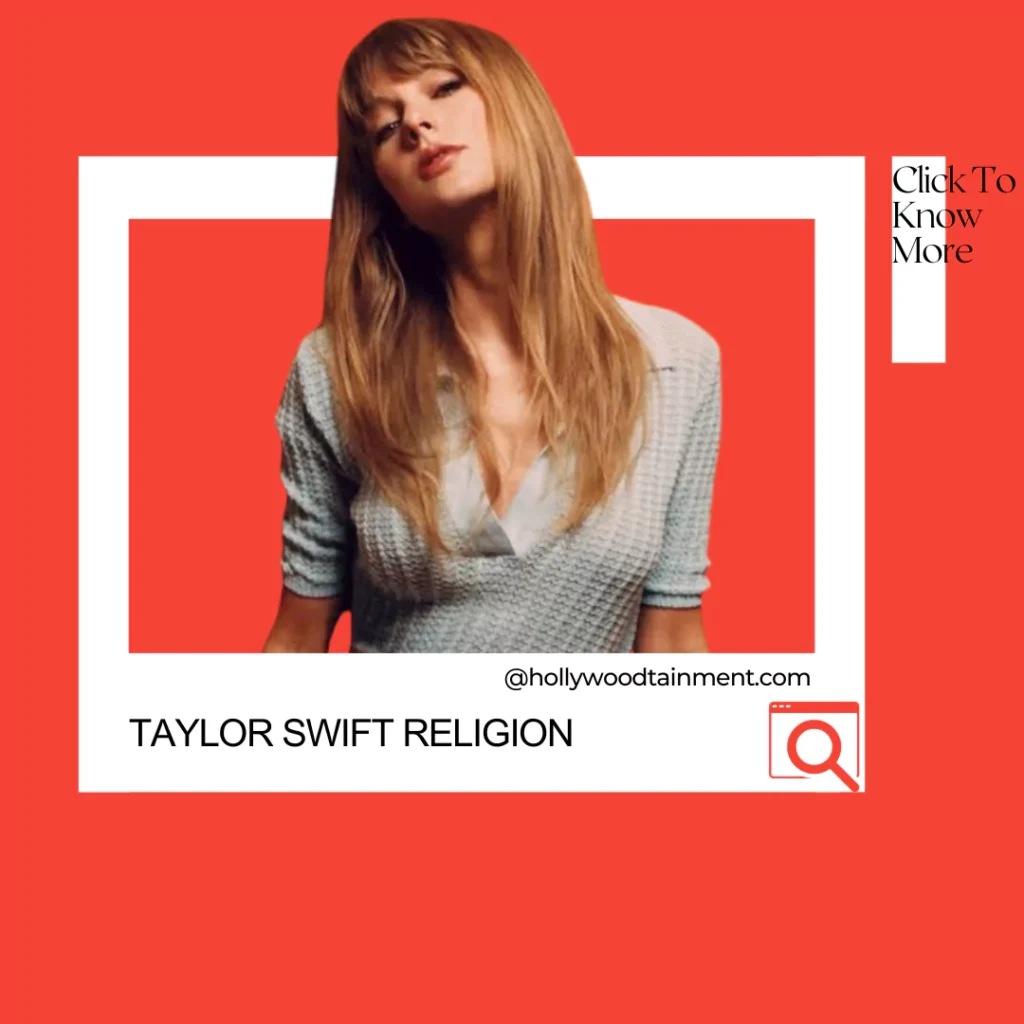Taylor Swift has long enthralled audiences with her relatable lyrics and genre-spanning music, yet one aspect of her life remains mysterious – her religious affiliation. Though not as frequently discussed as her musical successes, Taylor’s relationship to Christianity has generated much discussion and controversy from fans and media alike.

Early Indications of Faith
Taylor was raised in a Christian household in rural Pennsylvania, which provided her with early exposure to religion and its themes. These references can be seen throughout Taylor’s early country albums, such as “Teardrops on My Guitar” and “Our Song.” Her 2007 release “Speak Now” even included “Innocence,” suggesting a desire for purity and redemption through its lyrics. These early songs implied she held Christian values close even without explicitly declaring them in them.
Shifting Landscape
As Taylor’s career advanced, so too did her music and worldview. Pop-infused albums like 1989 and Reputation saw subtle references that hinted at an ongoing exploration of faith; for instance, in “All Too Well”, she sings of dancing “in the kitchen in refrigerator light,” perhaps symbolically alluding to The Last Supper, similarly “Clean” addresses finding peace after an abusive relationship, echoing themes found within Christianity relating to forgiveness and renewal.
Public Statements and Speculation
Taylor has rarely spoken publicly about her religious views. In 2018, however, she acknowledged being Christian but expressed discontent at how Christianity had been misused to justify specific political agendas; she stated, “That’s not what we stand for”. Her statement underlined her desire for an individual interpretation of faith without external pressures dictating its performance.
Lacking clear statements has given rise to much speculation and various interpretations from fans and observers. Some find signs of continued faith in songs like “Long Live” and “Delicate,” which touch upon themes associated with religious belief. In contrast, other analysts suggest her advocacy for LGBTQ+ rights and women’s empowerment goes against specific interpretations of Christian doctrine.
Beyond Labels
As Taylor explores her faith through music and artistic expression, it may best be understood as an ongoing personal journey that resonates with different religious and spiritual traditions. Labelling her solely as “Christian” might limit its complexity.
Understanding the Nuances
Taylor’s journey reflects the modern reality of faith. People today increasingly draw from diverse sources to construct their spiritual identities, rejecting rigid definitions and accepting personal interpretations. Taylor’s music is a perfect illustration, connecting with audiences across religious lines by touching upon universal human experiences.
Respecting the Individual
Understanding Taylor’s religion requires respecting her privacy while paying attention to the messages conveyed through her art. Whether she self-identifies as a Christian or not, her music speaks volumes about her values, struggles, and hopes, providing relatable narratives that resonate with a global audience.
Is Taylor Swift Christian?
Taylor has never explicitly stated her specific religious affiliation. While she was raised in a Christian household and her early music contained some Christian themes, it’s difficult to definitively label her faith.
What evidence suggests Taylor is Christian?
Early songs like “Teardrops on My Guitar” and “Our Song” have references to God and biblical themes. Some see similar allusions in later songs like “All Too Well” and “Clean.”
What contradicts the idea of Taylor being Christian?
Her lack of public statements, advocacy for LGBTQ+ rights (which may conflict with certain Christian interpretations), and shift away from overt religious themes in her music.
How does Taylor view her faith?
She expressed discomfort with using faith for political agendas, suggesting a personal and nuanced interpretation.
Why is this important?
Faith is a personal journey, and Taylor’s approach reflects the modern reality of individuals constructing their own spiritual identities. Focusing on the universal themes in her music fosters understanding and inclusivity.







